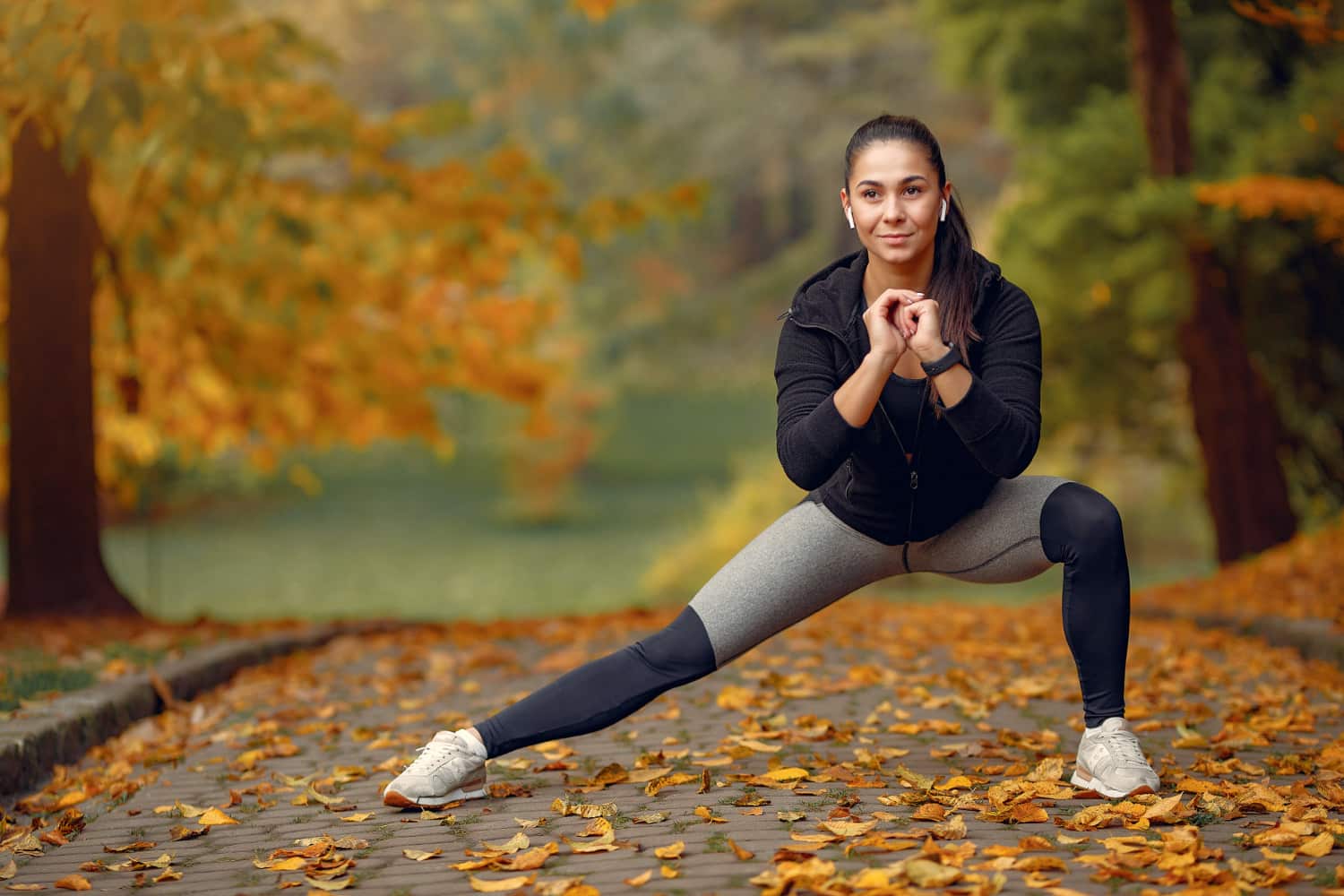In the evolving world of health and fitness achieving well being often requires a delicate balancing act. For those striving to reach their fitness goals maintaining equilibrium within the body becomes crucial.
This is where physiotherapy steps in as a game changer offering not only recuperation from injuries but also a comprehensive approach to enhancing health and fitness.
In this article we will explore the relationship between physiotherapy and fitness highlighting how this collaboration can contribute to a rounded and flourishing lifestyle.
Understanding Physiotherapy: More Than Just Recovery
Physiotherapy is often associated with rehabilitation. It encompasses more than that. While it undoubtedly plays a crucial role in helping individuals recover from accidents, surgeries or sports related incidents its scope extends further.
At its core physiotherapy focuses on promoting mobility, functionality and overall well being. This makes it an invaluable resource for individuals seeking not to overcome challenges but also to elevate their fitness levels.

1. The Building Blocks of a Well Balanced Body
Achieving a well-balanced body involves integrating various elements that contribute to overall health, fitness and vitality. Consider these fundamental building blocks as the foundation for cultivating a body that is not only aesthetically pleasing but also resilient and functional.
Bouncing Back from Injuries: A Stepping Stone towards Fitness
When it comes to your fitness journey injuries, like muscles, ligament tears or joint problems can really slow you down. That’s where physiotherapy comes in as a guide. It offers exercises, hands on techniques and different methods to speed up the healing process.
The ultimate goal is not to recover but to regain strength, flexibility and overall function. This helps create a foundation for fitness endeavors.
Postural Alignment: The Backbone of Fitness Success
Now lets talk about how posture plays a vital role in achieving success in your fitness goals. Having posture can lead to issues such as chronic pain and decreased performance during physical activities.
Luckily physiotherapists are experts at identifying imbalances and prescribing exercises that can correct them. By addressing these elements you’ll be able to establish an effective and sustainable fitness routine.
Mobility and Flexibility: Unleashing Your Body’s Potential
Another essential aspect of a rounded fitness routine is mobility and flexibility. Physiotherapy actively promotes these attributes by focusing on movement.
Through stretches techniques that mobilize the joints and exercises that enhance range of motion you can improve your flexibility and mobility significantly. Not only this help prevent injuries. It also unlocks your bodys full potential for various physical activities.
The combination of physiotherapy with your fitness goals creates a relationship that benefits both areas tremendously.
2. The Symbiosis of Physiotherapy and Fitness Goals
The synergy between physiotherapy and fitness goals creates a powerful symbiosis that goes beyond mere exercise routines.
Beyond a One Size Fits All Approach
Physiotherapy is about personalization when it comes to exercise plans. Best physiotherapists not only consider the condition or injury but also take into account an individuals overall fitness goals.
Whether the aim is weight loss, muscle gain or improved health, best physiotherapists create exercise regimens that align with these objectives while also considering any limitations.
Building Resilience through Progressive Strength Training
Strength training plays a vital role in fitness and physiotherapy seamlessly incorporates this aspect into rehabilitation and fitness programs.
Physiotherapists guide individuals through strength training routines that include resistance exercises and bodyweight movements. This not only aids in recovery but also helps build resilience reducing the risk of future injuries and improving overall fitness levels.
Safely Enhancing Heart Health through Cardiovascular Conditioning
Cardiovascular fitness is vital for overall health and physiotherapy recognizes its importance. For individuals with existing conditions or those recovering from injuries physiotherapists prescribe gentle yet effective cardiovascular exercises.
This approach ensures that individuals can safely improve their heart health without compromising their well being.
Managing Stress and Promoting Mental Well being
The link between health and mental well being is acknowledged in physiotherapy practice.
Physiotherapy emphasizes the connection, between the mind and body through movement and relaxation techniques leading to mental health benefits such as stress reduction improved mood and increased mental resilience.
These positive outcomes create an environment that encourages individuals to pursue their fitness goals with determination and focus.

3. Holistic Lifestyle Integration
Physiotherapy often associated with injury rehabilitation plays a crucial role in not only recovering from physical setbacks but also in optimizing overall fitness and well-being.
Nutritional Guidance: Nourishing the Body for Success
Physiotherapy goes beyond exercises and stretches by providing lifestyle guidance, including personalized advice that supports fitness goals and aids in recovery.
Physiotherapists work together with individuals to develop plans that optimize energy levels promote muscle recovery and contribute to well being.
Sleep and Recovery Strategies: Vital Foundations of Fitness
In the pursuit of fitness goals it is often overlooked how crucial sleep and effective recovery strategies are. Physiotherapy emphasizes the importance of rest and recovery methods as part of an approach.
This approach ensures that individuals not only engage in workouts but also prioritize essential elements like sleep and recovery for their overall health and fitness journey.

The Future of Physiotherapy in Fitness
Looking forward the integration of technology into physiotherapy has the potential to revolutionize how people approach fitness.
Telehealth consultations, the use of technology for monitoring and incorporating virtual reality into rehabilitation exercises are some of the advancements that are shaping the future.
These innovations hold the potential to make physiotherapy more accessible, personalized and seamlessly integrated into peoples fitness routines.
Conclusion
In the interplay between physiotherapy and fitness a harmonious blend emerges, a synergy that goes beyond just recovery and permeates every aspect of overall well being. Physiotherapy takes on an approach that bridges the gap between rehabilitation and fitness aspirations.
It is not merely a solution for injuries. Serves as a guiding force that propels individuals toward their health and fitness goals with resilience and vitality.
As individuals embark on their journeys towards fitness embracing the support offered by physiotherapy becomes a choice for achieving balance and thriving in life.




